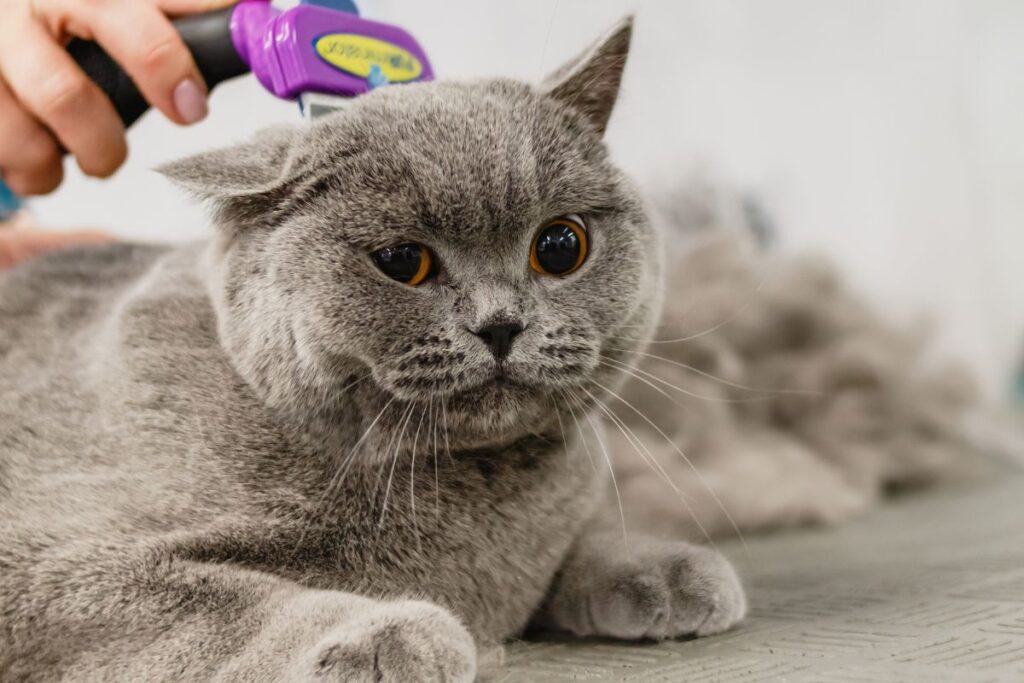Opening a pet shop or mobile grooming business in Malaysia can be a rewarding venture, both financially and emotionally.
With more Malaysians welcoming pets into their homes, the demand for quality pet care, grooming, and retail products is on the rise.
But running a successful pet business requires more than simply stocking shelves or offering grooming services—it takes planning, smart investment, and the right systems to keep everything running smoothly.
Why the Pet Industry in Malaysia is Growing
Pet ownership in Malaysia has been steadily increasing. According to Standard Insights, today, 51.1% of Malaysians have at least one pet, and 26.4% of them own more than one. At the same time, among the 48.9% without pets, more than a quarter have expressed interest in getting one.
From urban apartments to suburban homes, more people are treating their pets as family members rather than just animals. This “pet humanisation” trend means owners are willing to spend on everything from premium food and health supplements to spa-style grooming and fashionable accessories.
For business owners, this translates to multiple opportunities. A physical pet shop can cater to everyday retail needs, while a mobile grooming service offers the convenience that busy pet owners value. Both options tap into a growing market that shows no signs of slowing down.
Setting Up Your Pet Shop or Mobile Grooming Business

Before diving in, it’s important to look at the practical side of setting up.
Setting up a Pet Shop
- Location matters. Look for high-footfall areas such as near residential neighbourhoods, malls, or even close to veterinary clinics. Accessibility and parking are big factors—pet owners don’t want the hassle of carrying 10kg bags of pet food across long distances.
- Licences and permits. You’ll need approval from the local council (PBT), a business premise licence, and in some cases, specific permits for selling live animals. If you plan to stock veterinary products like supplements or medications, additional approvals from the Department of Veterinary Services (DVS) may be required.
- Initial costs. Beyond rental deposits, budget for renovations such as shelving, aquariums, display units, and proper ventilation. A small shop can cost anywhere from RM50,000–RM150,000 to set up, depending on size and inventory.
- Inventory. Core products usually include pet food, treats, grooming supplies, cages, leashes, toys, and health supplements. Live animals require proper enclosures, clean water systems, and quarantine space.
- Customer experience. A welcoming environment matters—wide aisles, non-slip flooring, and even pet-friendly sections where owners can bring their pets in safely.
Setting up a Mobile Pet Grooming Service
- Vehicle investment. A van or MPV converted into a grooming unit is the heart of your business. This needs space for a grooming table, hair dryers, clippers, and a water tank with proper drainage. Many owners also install generators or power inverters to run dryers and clippers efficiently.
- Health and safety. Vehicles must be well-ventilated and temperature-controlled so pets remain safe and comfortable. Non-slip flooring and secured grooming stations prevent accidents.
- Running costs. Petrol, road tax, insurance, and regular servicing can add up quickly. On average, petrol alone could run between RM800–RM1,500 per month depending on your service area.
- Scheduling. Efficiency is everything—route planning saves both time and fuel. Many mobile groomers rely on booking software or point of sale systems with built-in scheduling features to avoid double bookings.
- Licensing. While you won’t need a shoplot licence, you still need a business registration with SSM (Suruhanjaya Syarikat Malaysia) and in some cases, permits for operating a mobile service from local councils.
Why a POS System Matters for Pet Shops and Grooming Businesses
Running a pet shop or mobile grooming service means juggling more than just the animals.
You’re handling anxious pets, advising owners, restocking shelves, and keeping appointments on track—all while trying to keep the business side running smoothly. The last thing you need is to get buried in paperwork, manual stock counts, or double-booked schedules.
This is where a point-of-sale (POS) system becomes invaluable. For pet shops, it removes the guesswork from inventory. Instead of manually checking which bags of food or supplements are running low, the system alerts you before you run out. If you decide to expand, it also keeps product prices and stock synced across outlets without requiring constant manual updates.
For grooming businesses, especially mobile ones, a POS system helps prevent scheduling nightmares. Missed or overlapping bookings can quickly damage customer trust. With automated appointment management, your day flows more smoothly, allowing you to focus fully on the pets in front of you.
Built-in loyalty programs also keep regular customers coming back, rewarding them with perks that make them feel valued.
Beyond these, a POS system tackles the behind-the-scenes tasks that often eat up your time—like tracking staff hours, staying compliant with e-Invoicing rules, and making sense of sales reports. Instead of spending hours crunching numbers, you’ll have real-time insights on what’s selling best, when your services are most in demand, and whether your promotions are paying off.
By taking these routine burdens off your plate, a POS system frees you to do what you do best: provide great care for pets and build strong relationships with their owners.
Final Thoughts

The pet industry in Malaysia is thriving, and whether you choose to open a pet shop or launch a mobile grooming service, success comes down to preparation. Plan your operations carefully, understand what your customers truly value, and invest in systems that give you full visibility of your business.
At the end of the day, pets may be the heart of your business—but efficiency and good management are what keep it alive.



